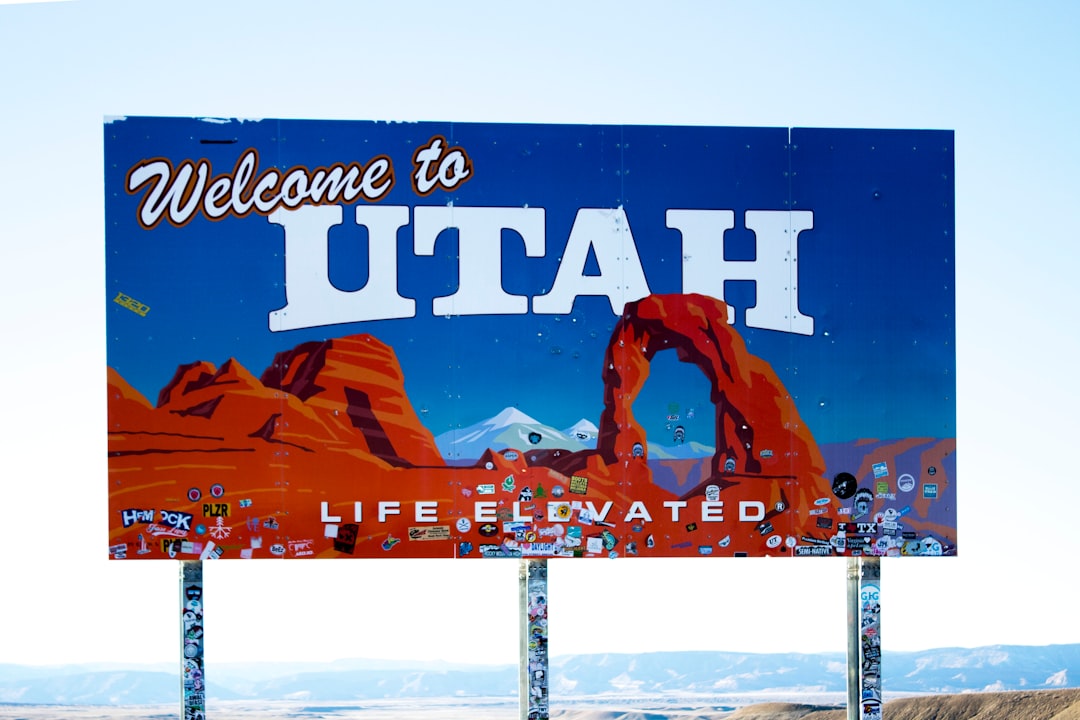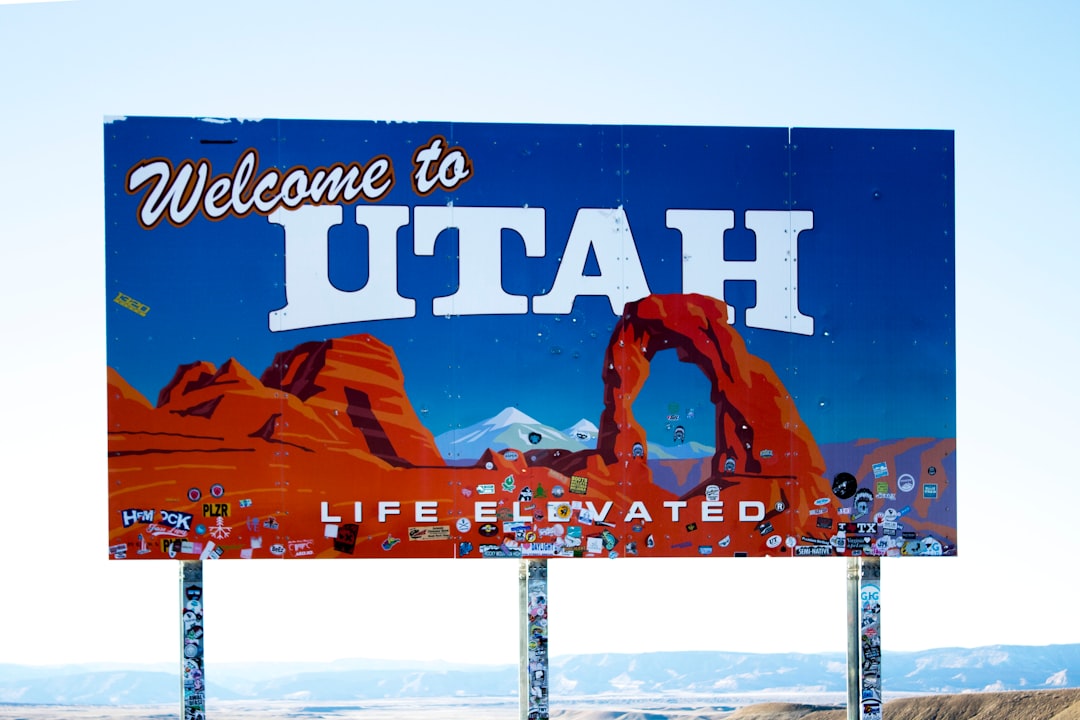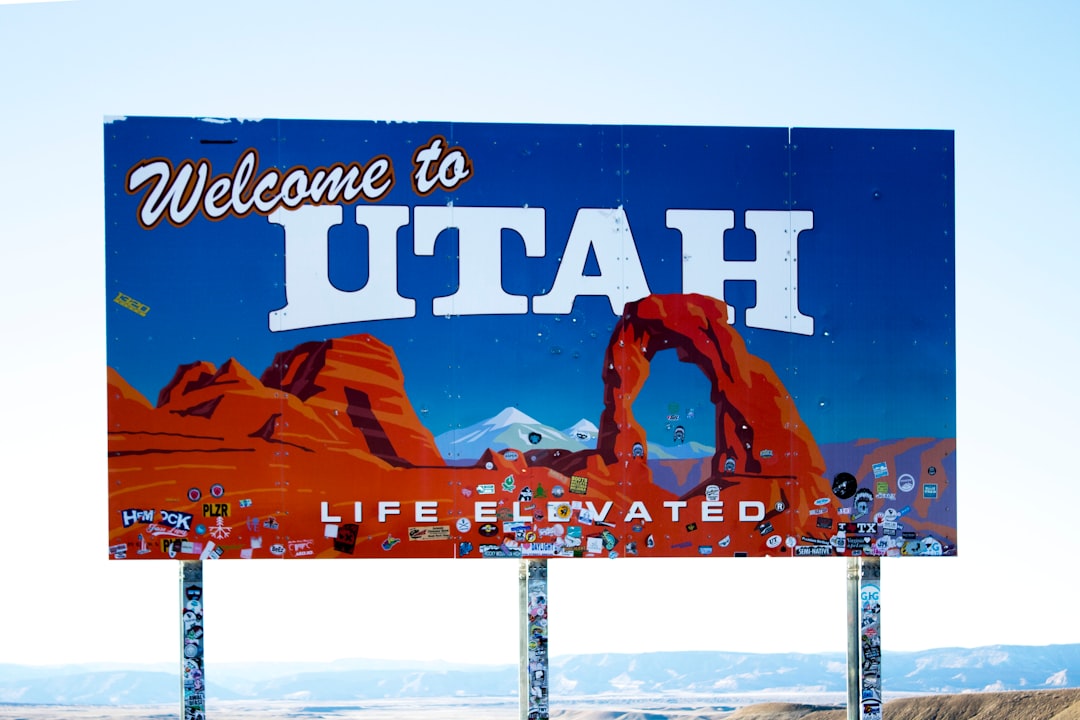Utah residents are protected from intrusive phone calls and messages by the Telephone Consumer Protection Act (TCPA). They can refuse telemarketing calls without prior consent and seek legal action against violators through specialized do not call lawyers or robocall attorneys. Effective measures include registering on the National Do Not Call Registry, documenting and reporting robocalls, and consulting with law firms specializing in TCPA cases. Compensation for violations is available, ranging from individual lawsuits to class actions. Quick documentation and reporting are crucial for protecting rights under the TCPA.
In Utah, the Telephone Consumer Protection Act (TCPA) safeguards residents from unwanted calls and texts. As a Utah resident, you have specific rights to control how your phone number is used for marketing purposes. This article explores these rights and TCPA violations, offering practical strategies to combat robocalls and unwanted marketing. Learn about seeking legal recourse with a Do Not Call Lawyer Utah or robocall attorneys Utah, document and report incidents effectively, and understand the available legal remedies for TCPA violations. Discover how to navigate this complex landscape and reclaim control over your communication channels.
- Understanding the Telephone Consumer Protection Act (TCPA) in Utah
- Your Rights as a Utah Resident Against Unwanted Calls
- What Constitutes a Violation of TCPA in Utah?
- Strategies to Stop Robocalls and Unwanted Marketing Calls
- Hiring a Do Not Call Lawyer in Utah: When and Why
- Legal Remedies Available for TCPA Violations
- Effective Ways to Document and Report Robocall Incidents
Understanding the Telephone Consumer Protection Act (TCPA) in Utah
The Telephone Consumer Protection Act (TCPA) is a federal law designed to protect consumers from unwanted phone calls and messages, specifically from automated or prerecorded devices, often known as robocalls. In Utah, residents are entitled to specific rights under this legislation, ensuring their privacy and peace of mind. The TCPA prohibits companies and individuals from making telemarketing calls without prior express consent, giving rise to legal repercussions for violators.
Utah residents facing persistent robocalls or unauthorized telephone marketing can seek recourse through a do not call lawyer Utah or a specialized robocall attorney Utah. Legal professionals with expertise in this area can guide consumers on how to file complaints and take legal action against offending parties, including do not call law firms Utah and companies responsible for intrusive calls. Understanding the TCPA is crucial for Utah residents to assert their rights and put an end to unwanted communication.
Your Rights as a Utah Resident Against Unwanted Calls
As a Utah resident, you have specific rights under the Telephone Consumer Protection Act (TCPA) to protect against unwanted telephone solicitations and robocalls. If you are receiving repetitive, unsolicited calls from telemarketers or unknown numbers, you can take action. The TCPA prohibits automated or prerecorded messages from being sent to any wireless phone without the caller’s prior express consent. This means that if you have not given permission for your number to be contacted in this manner, businesses and individuals who violate this rule are subject to legal repercussions.
If you wish to stop these calls, there are several steps you can take. Registering your Utah number on the National Do Not Call Registry is a good first step. You can also contact the caller’s attorney or law firm (if known) as a Do Not Call Lawyer Utah and demand they cease and desist from contacting you. Many robocall attorneys Utah and law firms operate in this state, so finding legal representation to enforce your rights against unwanted calls is accessible. Remember, knowing your rights and taking action can help curb these disturbing trends.
What Constitutes a Violation of TCPA in Utah?
Strategies to Stop Robocalls and Unwanted Marketing Calls
Robocalls and unwanted marketing calls can be a nuisance, but there are several strategies to combat them effectively. One crucial step is to register your number on the National Do Not Call Registry. This federal list restricts telemarketers from calling residential telephone numbers for promotional purposes. In Utah, residents can also seek legal assistance by consulting a do not call lawyer Utah or do not call attorney Utah. These professionals can guide individuals on blocking unwanted calls and pursuing legal action against persistent robocallers.
Additionally, being cautious about sharing your contact information is essential. Be wary of providing your number to unfamiliar sources or filling out online forms that might lead to increased spam calls. Many robocall law firms Utah specialize in handling these issues, offering tailored solutions and representation if needed. By combining these measures, individuals can reclaim their peace of mind and significantly reduce the volume of intrusive marketing calls.
Hiring a Do Not Call Lawyer in Utah: When and Why
If you’re facing relentless robocalls or unwanted telemarketing calls in Utah, it might be time to consider hiring a Do Not Call Lawyer. While many people attempt to manage these issues themselves, navigating the complexities of the Telephone Consumer Protection Act (TCPA) can be daunting. A Do not call attorney Utah specializes in these types of cases and can provide invaluable guidance and representation.
Hiring a legal professional who understands the nuances of the TCPA ensures that your rights are protected. Robocall attorneys Utah can help you file complaints, seek damages for violation of your rights, and even take legal action against repeat offenders. Whether you’re dealing with unwanted sales calls, prerecorded messages, or any other form of telemarketing abuse, a do not call law firm Utah can offer strategic solutions tailored to your situation.
Legal Remedies Available for TCPA Violations
When a consumer’s rights under the Telephone Consumer Protection Act (TCPA) are violated, there are several legal remedies available. If you’ve received unwanted robocalls or calls from unknown numbers in Utah, you may be entitled to compensation for each violation. A do not call lawyer Utah or robocall attorney Utah can help navigate these complexities and pursue damages on your behalf. These damages can include not only the cost of the call but also punitive measures to deter future violations.
Consumers can file individual lawsuits against violators, seeking up to $500 per violation, with treble damages (up to three times the actual amount) if it’s proven the calls were willful or knowing. For businesses engaging in large-scale TCPA violations, class action lawsuits can be a powerful tool. Finding a reputable do not call law firm Utah specializing in TCPA cases is crucial for ensuring your rights are protected and that you receive the compensation you deserve.
Effective Ways to Document and Report Robocall Incidents
Robocall incidents can be frustrating and invasive, but knowing how to document and report them effectively is crucial in protecting your rights under the Telephone Consumer Protection Act (TCPA). Start by saving all relevant information about each robocall received, including the caller’s phone number, date and time of the call, and any recorded message or scripts. Create a log or database to meticulously record these details, as it will serve as valuable evidence if you need to take legal action.
To report the robocalls, consider contacting your local consumer protection agency or filing a complaint with the Federal Communications Commission (FCC). Additionally, consult with a Do not call lawyer Utah or a robocall attorney Utah who specializes in TCPA litigation. These professionals can guide you on the best course of action, whether it involves sending cease-and-desist letters to the offending do not call law firm Utah or do not call lawyers Utah, pursuing legal remedies, or registering your case with consumer reporting agencies. Remember that prompt documentation and reporting can help strengthen your case and ensure that violators are held accountable under the TCPA.






